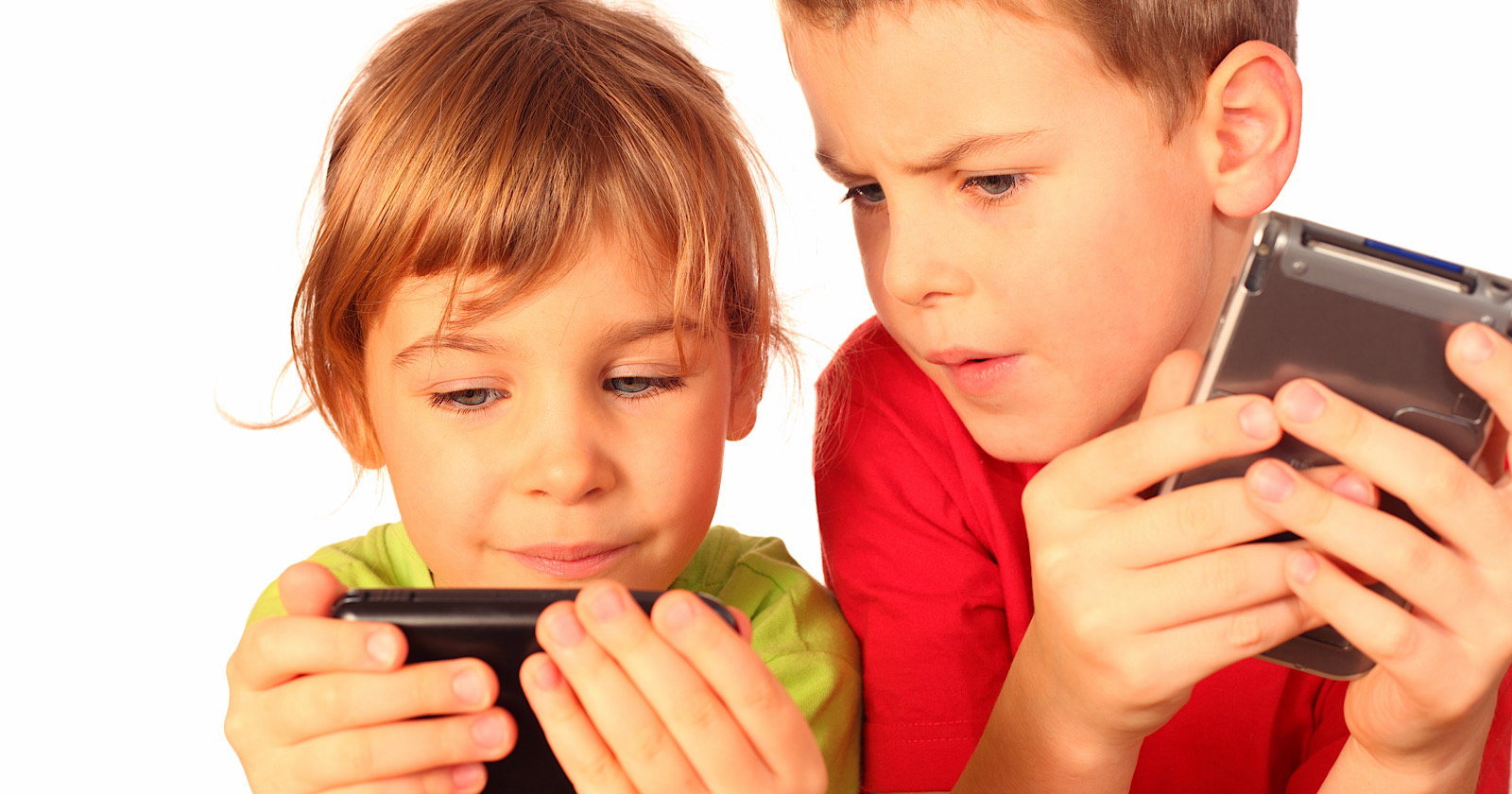
Facebook commissioned a study of the psychological impact of social comparison, which can be triggered by what people see on social media.
Social media use continues to rise while much of the population remains under stay at home orders.
With that being the case, it’s important to understand the effects that social media can have on our mental health.
Facebook researchers Moira Burke, Justin Cheng, and Bethany de Gant examined whether social media is making social comparison worse.
The findings of their study, which involved 37,000 people from 18 countries, were just published in a detailed report.
Facebook’s researchers believe this may be the “largest survey on social comparison ever done.”
Here are some of the key findings from the study.
Goals of Facebook’s Social Comparison Study
Facebook’s study of social comparison sought to answer the following questions:
- How often do people experience social comparison on Facebook?
- Who experiences social comparison more than others?
- What kinds of experiences worsen social comparison?
The company’s goal is to use the answers to these questions to guide product design in a way that better supports people’s online well-being.
What Was Learned From the Study
What Makes Social Comparison Worse?
Facebook’s research determined the types of experiences that can worsen social comparison.
Such experiences include:
- Seeing posts that have a higher number of likes or comments compared to yours.
- Seeing more positivity in others’ posts compared to yours.
- Spending more time looking at user profiles, especially your own.
- Seeing content from people around the same age as you.
Having more chances for comparison will inevitably make social comparison worse.
More chances for comparison could result from having larger Facebook friend networks or by spending more time on Facebook.
Who Experiences Social Comparison More Than Others?
Facebook’s researchers determined that teens experience more social comparison than adults.
That tends to be true offline as well, as teens are more subject to peer pressure than adults.
Gender differences depend on the geography, researchers explain:
“In the West, women tend to experience more social comparison, but in some Eastern countries, men experienced more social comparison.”
What Were The Biggest Surprises?
Social comparison can lead to both positive and negative experiences, but the negative experiences tend to be more easily recalled.
One in five could recall a time they felt worse after seeing a post.
Researchers were surprised to learn that most people would still choose to see content that made them feel bad, if given the option.
“We then asked if they wished they hadn’t seen the post, and only half said they wished they hadn’t seen it, while a third felt very happy for the poster. People have complex feelings about this, so there is no one easy answer.”
It was also surprising to learn, researchers noted, that many people didn’t know about Facebook features that can help reduce social comparison.
For example, people didn’t know they could unfollow or snooze someone to hide their posts.
Reducing Social Comparison
Based on what was learned from the study, researchers noted that Facebook could help people reduce social comparison in the following ways:
- Help people change what they see in their feeds.
- Reduce focus on engagement counts on other people’s posts.
- Use filters for topics and people, such as: promote, unfollow, snooze.
- Support meaningful interactions so people are less affected by comparisons.
- Encourage the creation of more positive shared experiences, such as following along on someone’s journey toward a goal.
A similar study is now being conducted examining the impact of social comparison on Instagram.






